Critically endangered tigers, considered to be ‘functionally extinct’ in China, are now offered by several South African hunting businesses.
Since tigers are primarily defined as an exotic species in South Africa, the captive breeding, trading and hunting of this CITES Appendix I species is unregulated, with an estimated 60 mostly unlicensed tiger breeders, including several backyard breeders in Gauteng.
South Africa’s involvement
Inkulu African Safaris in the Eastern Cape advertised black rhino hunt for between Euro 500,000 and one million at the China Hunting Show, Imberba Rakia in Limpopo offered tiger hunts (prices on request only), and Clayton Fletcher from Tinashe had a 7-day ‘cat in the bag’ hunting package, including lion, oryx, blue wildebeest, zebra, springbok, and warthog, for US$22,000.
Firearm ownership in China is heavily regulated making it nearly impossible for individuals to possess a rifle and legal hunting grounds are limited, so the burgeoning elite with little shooting experience travel abroad to indulge in their new-found hobby.
Lack of hunting expertise does not seem to be as an issue for the South African hunting outfitters represented at the show over the weekend. Fletcher of Tinashe Outfitters, for example, guarantees to make any Chinese hunter competent to shoot within a two-day period.
The booming Chinese economy has created an extensive, affluent middle-class of 400 million people with a third already travelling outside China, according to the China Hunting Show website.
Captive breeding
As South Africa only issues about a dozen wild lion permits per year, the tawny and white lions adorning the exhibition brochures are most likely captive bred.
“Don’t let the wide, open space of these game farms fool you”, says Smaragda Louw (Ban Animal Trading South Africa), who visited the show. “These lions are not hunted in the wild, but in an enclosed area with no escape.”
Tinashe Outfitters located in the NW province for instance can legally offer hunting of a captive bred lion a mere four days after its release from captivity. The shortest release time in any province in South Africa with no restrictions on the minimum camp size.
Are these would-be hunters aware that most of these lions will be captive bred and habituated to humans through unscrupulous activities, such as cub petting?
As expected, many visitors attending the China Hunting Show over the weekend were completely unfamiliar with the concept of trophy hunting, let alone “canned” hunting.
However, “by the end of the day, cash was changing hands as first-time hunters began planning their first overseas hunting trips”, stated show officials on social media.
This article was first published by thesouthafrican.com on 25 June 2019. Lead Image: Lion farms pose a threat to both animals and humans. Image supplied by Conservation Action.
What you can do
Support ‘Fighting for Wildlife’ by donating as little as $1 – It only takes a minute. Thank you.
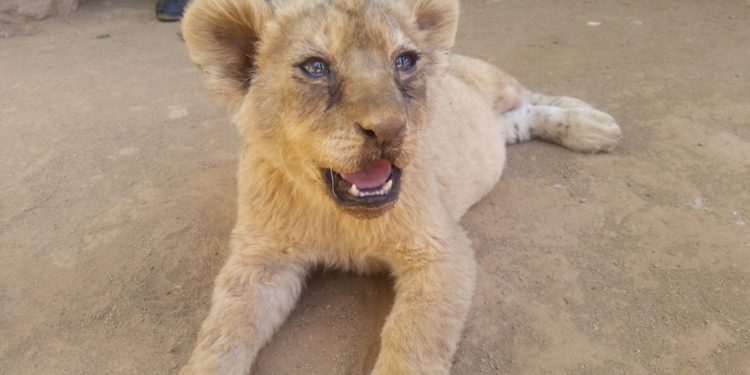
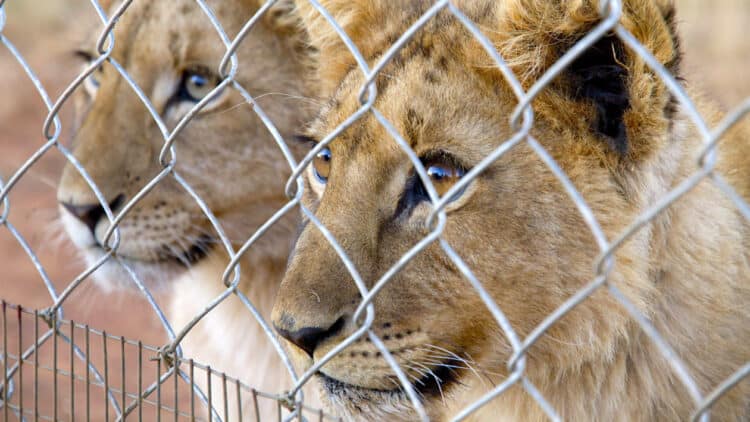


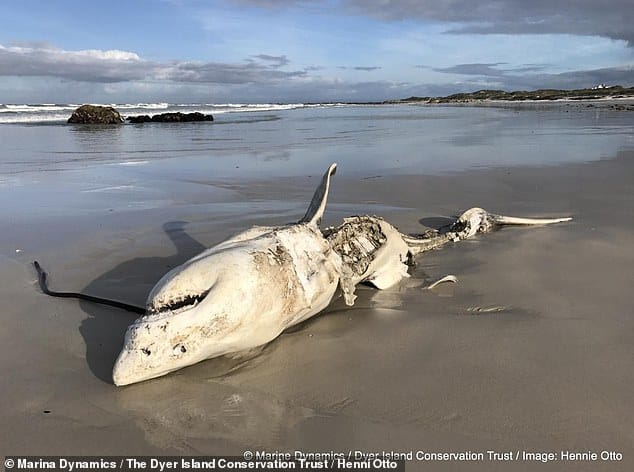
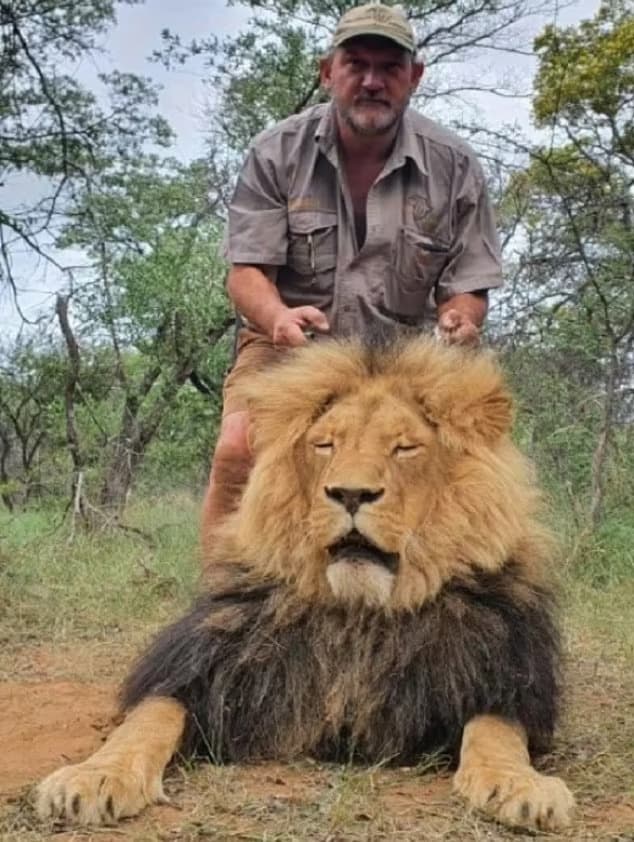
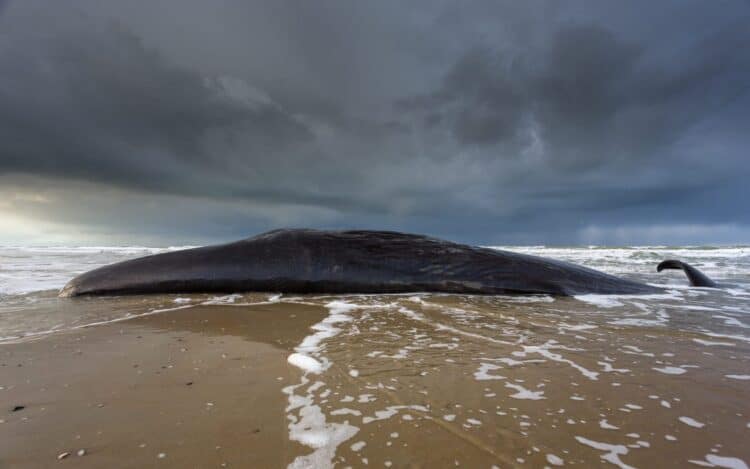
Leave a Reply